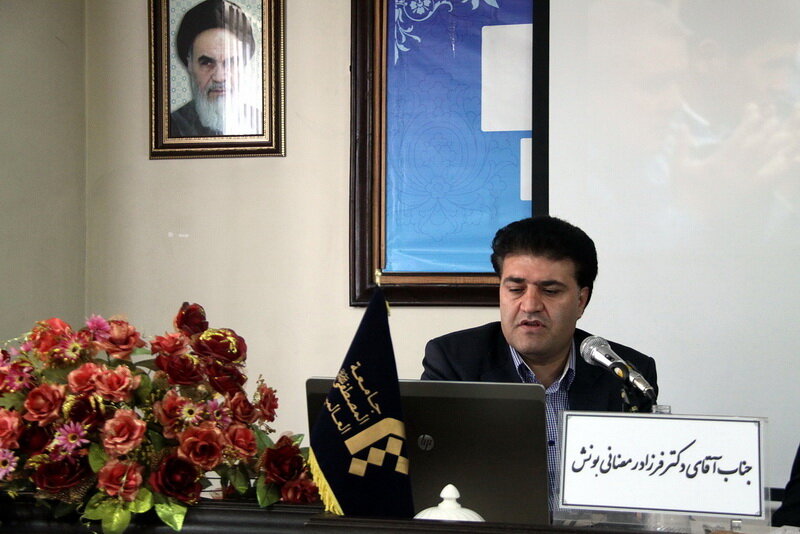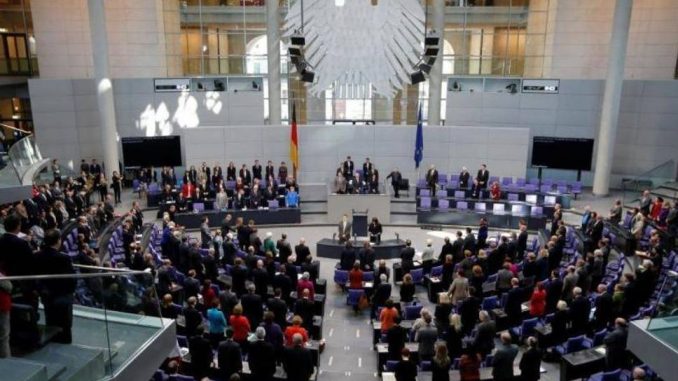

TEHRAN — Commenting on the strategic goals of neighboring countries regarding the Taliban reign in Afghanistan, a senior researcher on regional issues has said Iran has a “special position and calls for formation of an inclusive government in Afghanistan” and generally has adopted a middle ground toward the developments in the Central Asian country.
Tehran hosted a meeting of Afghanistan’s neighbors on Wednesday. Foreign ministers of Pakistan, Turkmenistan, Tajikistan, and Uzbekistan attend the conference. The Chinese foreign minister, whose country shares a 46-mile border with Afghanistan, also addressed the conference virtually. The Russian foreign minister also addressed the meeting through a video link.
“This summit is a continuation of the previous summit of Afghanistan’s neighboring countries,” Farzad Ramezani Bonesh told ISNA in an interview published on Saturday.
Pakistan held the first meeting on Afghanistan in early September.
In the current situation, the analyst argued, there seems to be three attitudes towards the Afghan crisis by neighbors.
On the one hand Pakistan is pursuing its own geopolitical and strategic goals in Afghanistan, Ramezani Bonesh said, claiming that Pakistan considers itself the main winner of the developments in Afghanistan.
“Besides Pakistan, it seems that in the current situation, given the consultations that have taken place, China has managed the process of relations with the Taliban in order to reduce the scope of anti-China threats,” Ramezani Bonesh remarked.
“Turkmenistan, on the other hand, has taken a neutral approach and, in fact, seems to be slowly accepting the reality,” the researcher highlighted.
He added, “Uzbekistan, as Afghanistan’s northern neighbor, has its own views on security and other issues, and has held talks with the Taliban in line with its geopolitical and strategic goals for economic, railway and other issues.”
in such a situation, the expert stated, the most prominent country opposing the Taliban rule is Tajikistan, which supported the national resistance front led by Ahmad Massoud and also accepted hosting Afghan officials to form a strong front against the Taliban in order to undermine the process for possible recognition of the Taliban and views the Taliban as a threat.
Thus, in a general view, Pakistan is the neighbor that ardently supports the Taliban and Tajikistan is the country that is seriously opposed to the Taliban, he pointed out.
The researcher went on to say that in such a situation, Iran has a special position in the face of opportunities and threats as well as security, political, hydro-political issues, Persian language, Afghan Shia community, opposition to ISIL terrorism in Afghanistan, etc.
In fact, Iran has demands from the Taliban, and in practice it is seeking formation of an inclusive government in Afghanistan and generally has taken a middle ground.
Therefore, Ramezani Bonesh said, most actors in the region are seeking to prevent spread of insecurity from Afghanistan in the future. For example, they don’t want the security problems in Afghanistan to motivate activities of the Uyghur Islamic Group and the Islamic Party of Uzbekistan.
On the other hand, in a situation where the Taliban are in dire need of recognition, Pakistan and Qatar are seeking to recognize the Taliban, the expert remarked, but the United Nations does not have a pleasant view of the Taliban.
Neighbors can play a major role, and the outcome of these meetings could have a significant impact on Afghanistan’s future and the Taliban’s views, he opined.
“In this situation, some figures have formed opposition abroad, including some Tajiks, Uzbeks, Hazaras and even some Pashtun leaders are trying to stand up to the Taliban and prevent a complete seizure of power. Therefore, neighbors can be influential in the future of Afghanistan,” the analyst concluded.
Related posts:
Views: 0
 RSS Feed
RSS Feed

















 November 1st, 2021
November 1st, 2021  Awake Goy
Awake Goy 



 Posted in
Posted in  Tags:
Tags: 
















